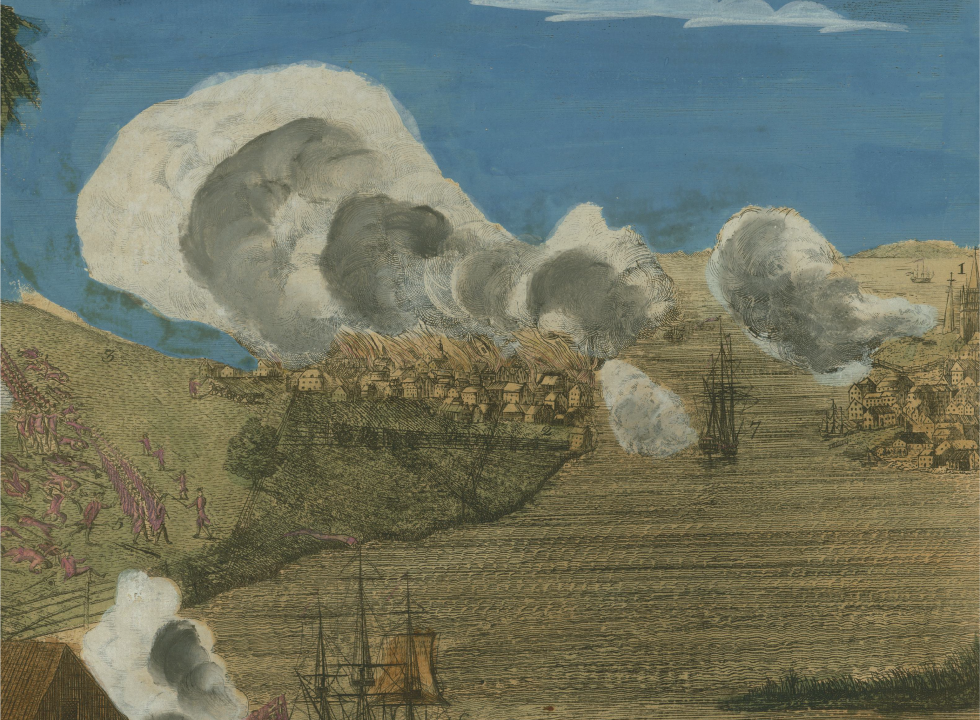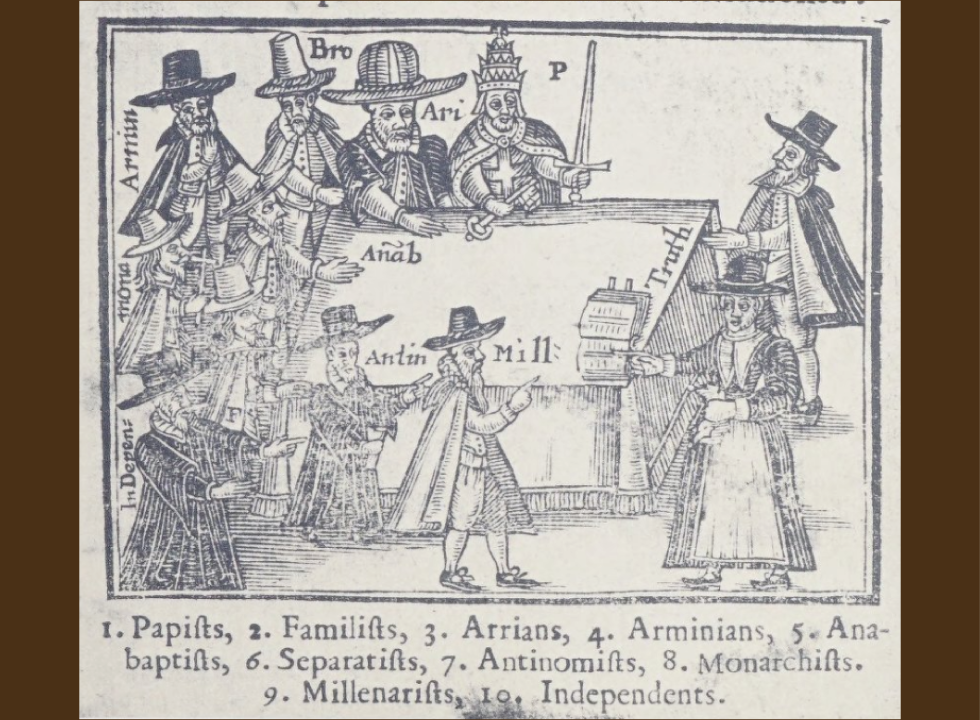Foundations of Revolution: The Democratic Revolutions of the Early Americas
When the United States commemorates the 250th anniversary of its independence in 2026, the JCB will harness its strength as a repository and a research center for the history of the early Americas to elucidate the connections between the American Revolution and the breadth of democratic movements of the period. Traditional accounts link the American Revolution to European histories but the histories of communities within the region are equally important. Democratic revolutions in the Caribbean and South America point to the dynamics of national stability and instability and to the interconnectedness of the nations of the hemisphere that had been colonies. From its world-leading collections on the Haitian revolution to its exceptional material on Central and South America, the JCB will help illuminate patterns and interconnections across the Americas during this period.
The democratic nations that emerged in the Americas also shared important histories of colonization, independence, and Indigenous dispossession/survival as well as formerly enslaved peoples. An integral part of these histories is the ways in which many Indigenous peoples of the Americas experienced and engaged with the ongoing work of nation-making in their midst. The JCB’s collections and convenings will explore this important dynamic.


